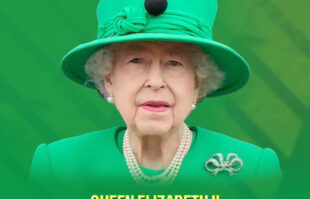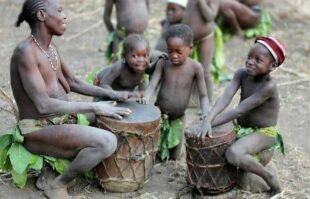Ogboni is a fraternal organization that originated in the Yoruba-speaking nations of Nigeria, the Republic of Benin, and Togo, as well as among the Edo people. It is also known as Osugbo in Ijèbu. Society serves a variety of political and religious roles, including having a significant impact on kings and acting as the supreme court of law for crimes carrying the death penalty. In addition, its members are typically regarded as making up the Yoruba kingdoms of West Africa’s nobility.
The Iwarefa, a group of six key executives who are “The Six Wise Men,” serve as the head of each Ogboni lodge. They are the inner council of counsellors to the monarch or vice-royal chieftain of the polity that the lodge serves and are the most influential people in that polity.
In this piece, I will be exploring the history of the Ogboni cult and its functions.
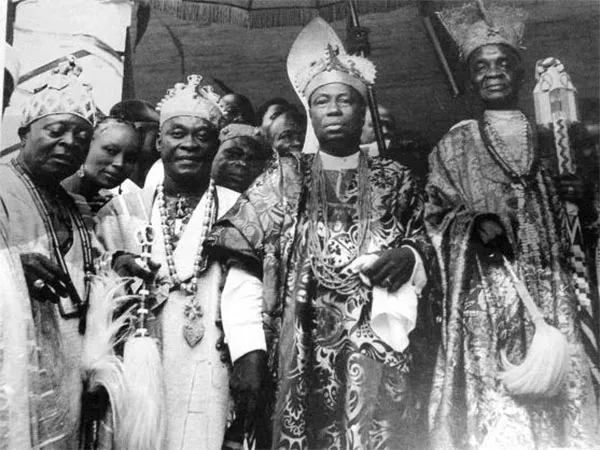
History
Research reveals that no one can exactly indicate when the Ogboni Fraternity was created. But the same research stated that a publication was released, stating that the Ogboni cult was first mentioned in 1884. History has it that the fraternity started as “an assembly of elders,” which first emerged among the Yorubas.
According to research, the Ogboni society since its creation has performed religious, political, and judicial functions. Furthermore, as “privileged intermediaries between the living and the ancestors,” Ogboni saw themselves as having an important role.
They revered the goddess as the mother earth. According to sources, the Ogbonis served as the king’s “check and balance” to the extent that they had the power to depose him if necessary. The “Ife oracle” was preserved as their main responsibility.
Ogboni Society priests are frequently asked to consult the oracle to decide on a variety of delicate issues, such as ancestral support for the king. The heavenly oracle and laws are actually guarded and protected by Ogboni society members.
The highest court in Yorubaland was the Ogboni society, which had the authority to punish influential people who were not brought to justice through the open legal system. The Ogboni “had no formal role to play in society” during the colonial era and following Nigeria’s independence.
Nigerians frequently refer to the Ogboni as a “secret society” in their country, while Ogboni members would likely self-identify the group as a social club where members assist each other in topics such as marriage, business, and other social activities.
Members of the Ogboni tribe are frequently exceedingly wealthy and well-connected. The current modern Ogboni society was founded in the 1930s by a group of top Nigerian public workers in opposition to the pre-existing European social clubs that did not accept native Nigerians.
Nigerians desired a club where they could socialize and take advantage of some of the perks associated with their senior status in that country, so the Ogboni Society was the best club. The group’s founder was a Methodist clergyman, and its elite Nigerian members included prominent police officers, doctors, and attorneys, in addition to senior civil professionals.
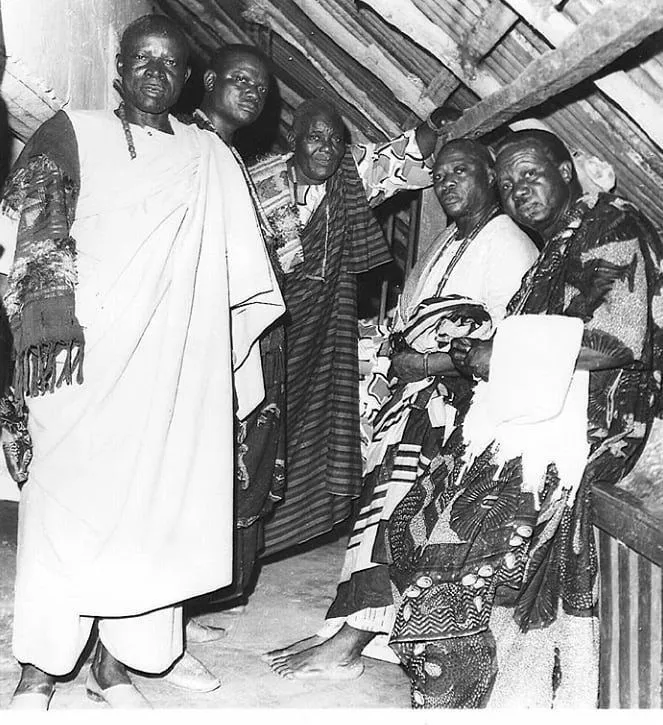
The Reformed Ogboni Society
On December 18, 1914, the Reformed Ogboni Fraternity was created. It was established as a substitute for the Aborigine Ogboni Fraternity for Christians, and its founder was the cleric T.A.J. Ogunbiyi of the Anglican Church.
Founding members that joined him in creating the fraternity included Prince Orisadipe Obasa, his wife, Princess Charlotte Blaize Obasa of the R.B. Blaize family, and Prince M. Akinsemoyin of the Akinsemoyin royal family. In the same year, Prince Obasa was acknowledged by the founders as the first Oluwo or master.
Although the fraternity was founded by and for the Christian aristocracy, its membership also includes aristocratic adherents of other faiths due to its expansion in scope over time. The early Christianity of Nigeria (as shown in the neighbourhood Keswick Convention chapter) and English Freemasonry were just two of the outside influences on the fraternity’s founders during its formation.
The Structure of the Ogboni Society
The Osugbo gbede, which is typically referred to as the Oba’s property, comes first. This is for the chiefs of the Oba. There is the Iwule Ogboni and Ogboni Aborigine Fraternity of Nigeria, which is thought to be for the old four.
First, there is Ogboni Otu Ife, followed by Ogboni Arapa Nika, an organization that originated in Akoko, Ondo State, Ogboni Ara Ife, Ogboni Akala, Ogboni Agamasa, Ogboni Ogenete, and the Reformed Ogboni Fraternity (ROF), which was founded by Ogboni Aborigines. Even though they all worship Edan, who resembles God, there are a lot of variations in the ways that they worship.
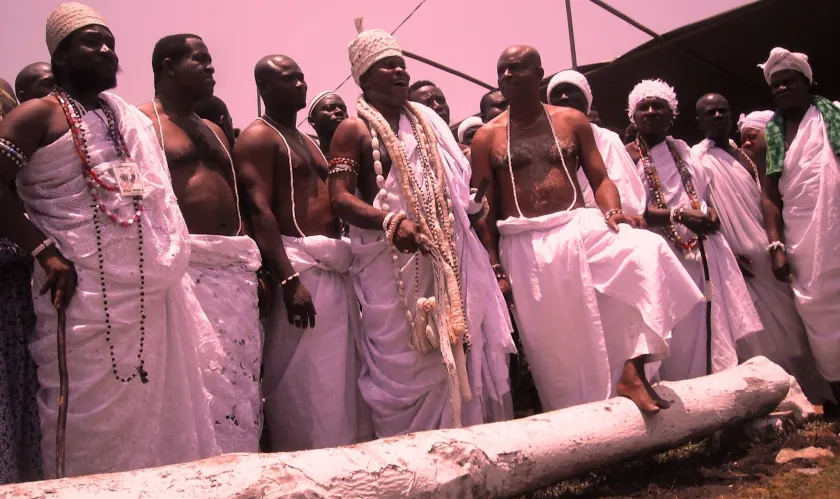
You can’t just argue that because you were initiated into the Aborigine, you can go and join Osugbo when they are performing if you are a member of the Aborigine and not Ogboni Osugbo. You will experience the consequences if you do.
However, because they are esteemed members of society and have the title of Chief of the Oba, the Osugbos are permitted to attend events for the Aborigines. As a result, it is not officially permitted for a member of one organization to enter another. Most of the time, the Reformed Ogboni Fraternity may be worshipped alongside the Aborigine because the ROF originated among them and the Aborigine can speak their language. Whoever wants to pass for someone else will be exposed by their language (or method of communication).
Ogboni Influence
The Ogboni are distinguished by their veneration of the personified earth (Ilè or Oduduwa), their emphasis on both gerontocratic authority and charitable service to the community, and their presence in a variety of Yoruba states, from highly centralized kingdoms and empires like Oyo (where they were expected to check the authority of the Oyo Mesi).
The Ogboni society maintained supreme political control among decentralized groupings like the gbá, where they were closely involved in the appointment of rulers who, in reality, were little more than ceremonial figures. Membership in the Ogboni generally denoted a high level of status and prestige.
The Ogboni people still hold a lot of power and influence in modern Yorubaland, despite the fact that this is mostly a result of the history of their individual chieftains rather than any formal authority. In pre-colonial Yorubaland, Ogboni lodges were among the primary purchasers of brass jewellery and sculpture, seeing the metal’s resistance to rust as an appropriate metaphor for the everlasting functions and beliefs of Ogboni adepts.
The most well-known of these insignia was a male and female Ogboni initiates connected by a chain and worn around the neck. The couple is said to represent a balanced society and the attachment of the sexes in reproduction.
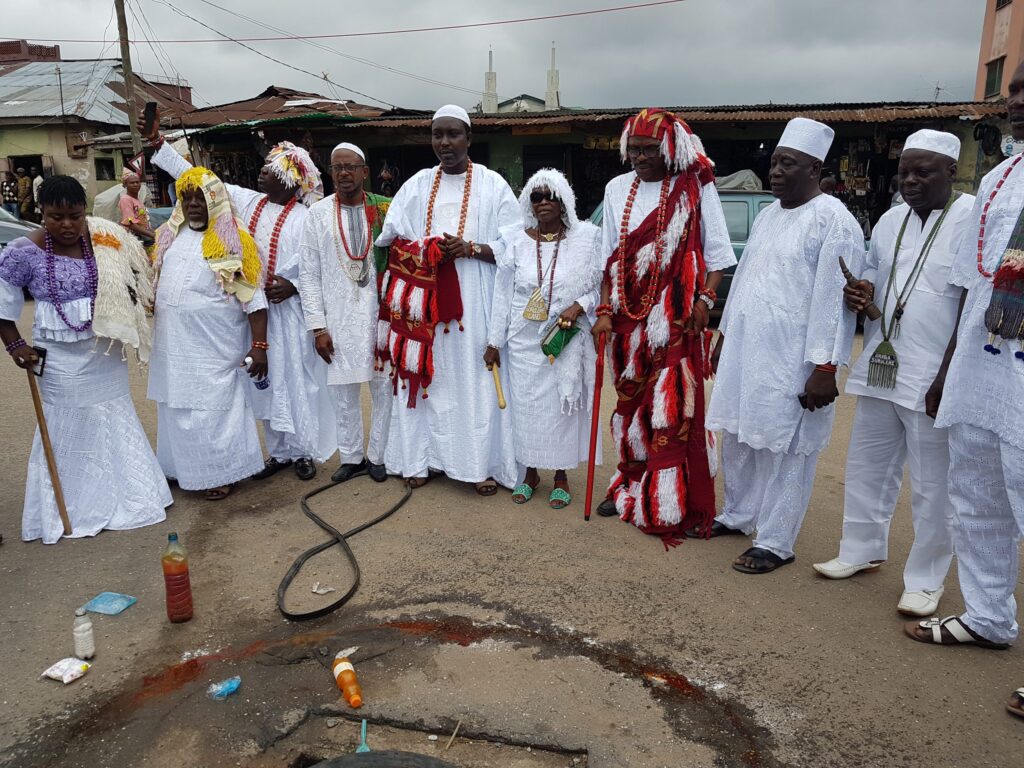
Rituals and Membership
According to research, it is only an Ogboni member that knows the kinds of rituals they do, although, at his own risk (if he reveals the rituals). However, it is said that any Ogboni member who reveals the secrets of society will face the brunt of the law.
Although the “predominance of male seniors is evident,” membership is open to people of all races, including Yorubas. Men and women are equally eligible for initiation into the organization. People typically freely and purposefully join this society in order to gain power, money, and success.
Also, research reveals that a child whose parents are members of the society, or has witnessed the meetings of the members, could be intimidated or expected to join.
However, some notable members of the society include; Sir Adeyemo Alakija (who served as Olori Oluwo, or grandmaster, of the fraternity), Chief Ladoke Akintola, Sir Adetokunbo Ademola (who also served as Olori Oluwo), King Olubuse II, the Ooni of Ife, Sir Ladapo Ademola, the Alake of Egbaland, King George VI of the United Kingdom and the Dominions, Dr. Nnamdi Azikiwe, Sir Ahmadu Bello, Chief Olusegun Obasanjo, and Chief Francis Meshioye (As of 2022, he is the current Olori Oluwo).
Controversies
No solid proof has ever been shown to support the claim that the group is a covert cult that engages in human sacrifice.
The supreme leader of the organization, Francis Meshioye Olori Oluwo, explicitly denied any claim of wrongdoing on the part of the organization on December 19, 2019, and said there was nothing sinister about it.


